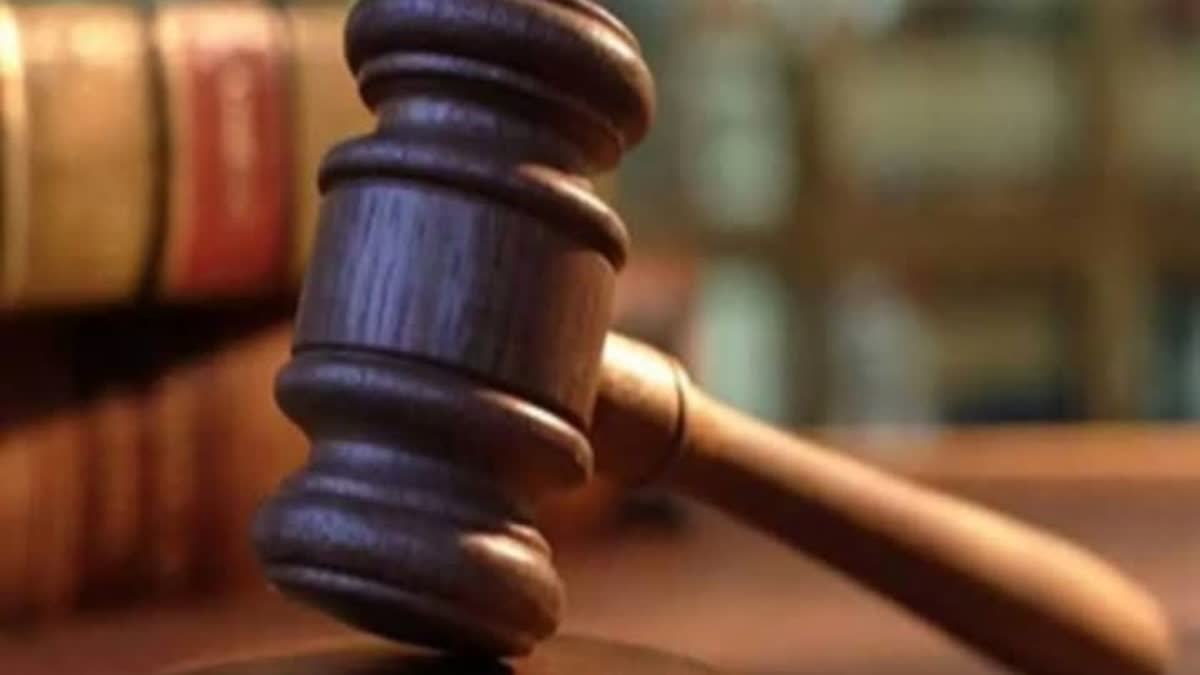New Delhi: In a significant judgment, the Supreme Court on Monday set aside the conviction of a man, accused of committing a rape and murder of a ten-year-old girl in 2009, saying he was not provided proper legal aid during the crucial stage of the trial and stressed, “it is the duty of the court to make the accused aware of his right to get free legal aid”.
The apex court said if effective legal aid is not made available to an accused, then it will amount to infringement of his fundamental rights guaranteed by Article 21 of the Constitution.
A bench comprising justices Abhay S. Oka, Ahsanuddin Amanullah, and Augustine George Masih said from the proceedings of the trial court, it appears that when the charges were framed on 8th September 2010, and when the plea was recorded, the appellant was not represented by any advocate. The bench added that proceedings of 26th February 2011 record that though three witnesses of the prosecution were present, the appellant was not represented by any advocate.
The bench said on 11th May 2011, the examination-in-chief of prosecution witness was recorded, and in the proceedings, the court recorded that the appellant had not engaged any advocate on that day, and he was not desirous of taking legal aid. “However, on 8th June 2011, an advocate was appointed to espouse his cause. We find that on 20th July 2012, 4th October 2012, 1st November 2012, 7th November 2012, 9th November 2012 and 23rd November 2012, the advocate appointed as amicus curiae for the appellant was absent”, noted the bench. The apex court said the evidence of more than one prosecution witness was recorded in the absence of the legal aid advocate.
The bench said at the stage of framing the charge, the appellant was not represented by an advocate and from 8th June 2011, the appellant never declined legal aid.
The bench said that right will be effective only if the legal aid provided is of a good quality, and if the legal aid advocate provided to an accused is not competent enough to conduct the trial efficiently, the rights of the accused will be violated.
The bench said it is surprised to note that the examination-in-chief of prosecution witness was allowed to be recorded without giving legal aid counsel to the appellant, who was not represented by an advocate, and added, “a very valuable right of objecting to the questions asked in examination-in-chief is taken away”.
The bench said it is the duty of the court to ensure that proper legal aid is provided to an accused, and when an accused is not represented by an advocate, it is the duty of every public prosecutor to point out to the court the requirement of providing him free legal aid. “An accused who is not represented by an advocate is entitled to free legal aid at all material stages starting from remand. Every accused has the right to get legal aid, even to file bail petitions”, said the bench.
The bench said at all material stages, including the stage of framing the charge, recording the evidence, etc., it is the duty of the court to make the accused aware of his right to get free legal aid. “If the accused expresses that he needs legal aid, the Trial Court must ensure that a legal aid advocate is appointed to represent the accused”, said the bench.
The apex court said the right of the accused to defend himself in a criminal trial is guaranteed by Article 21 of the Constitution of India. “He is entitled to a fair trial. But if effective legal aid is not made available to an accused who is unable to engage an advocate, it will amount to infringement of his fundamental rights guaranteed by Article 21”, said the bench.
The bench said that imposing capital punishment in such a case shocks the conscience of this court.
The bench said after having perused the record of the case, we found a very disturbing feature, and it is about the failure of the state to provide timely legal aid to the appellant and added that the other issue is about the quality of legal aid.
The apex court’s verdict came on an appeal by Ashok whose death penalty was commuted by the Allahabad High Court to life term.
The prosecution relied upon evidence of the victim's seven-year-old who allegedly saw the girl being forcibly taken to the tubewell where the offence was committed. However, the bench said this witness cannot be held to be of sterling quality, and it is unsafe to base conviction only on his testimony.
The bench, in a statement recorded under Section 313 of the CrPC, noted the contents of the incriminating documents were not put to the appellant. "In a given case, the witnesses may have deposed in a language not known to the accused. In such a case, if the material circumstances appearing in evidence are not put to the accused and explained to the accused, in a language understood by him, it will cause prejudice to the accused," the bench said.
The apex court said it is surprised to note that both the trial court and high court have overlooked noncompliance with the requirements of Section 313 of the CrPC. “Shockingly, the Trial Court imposed the death penalty in a case which ought to have resulted in acquittal," the bench said.



